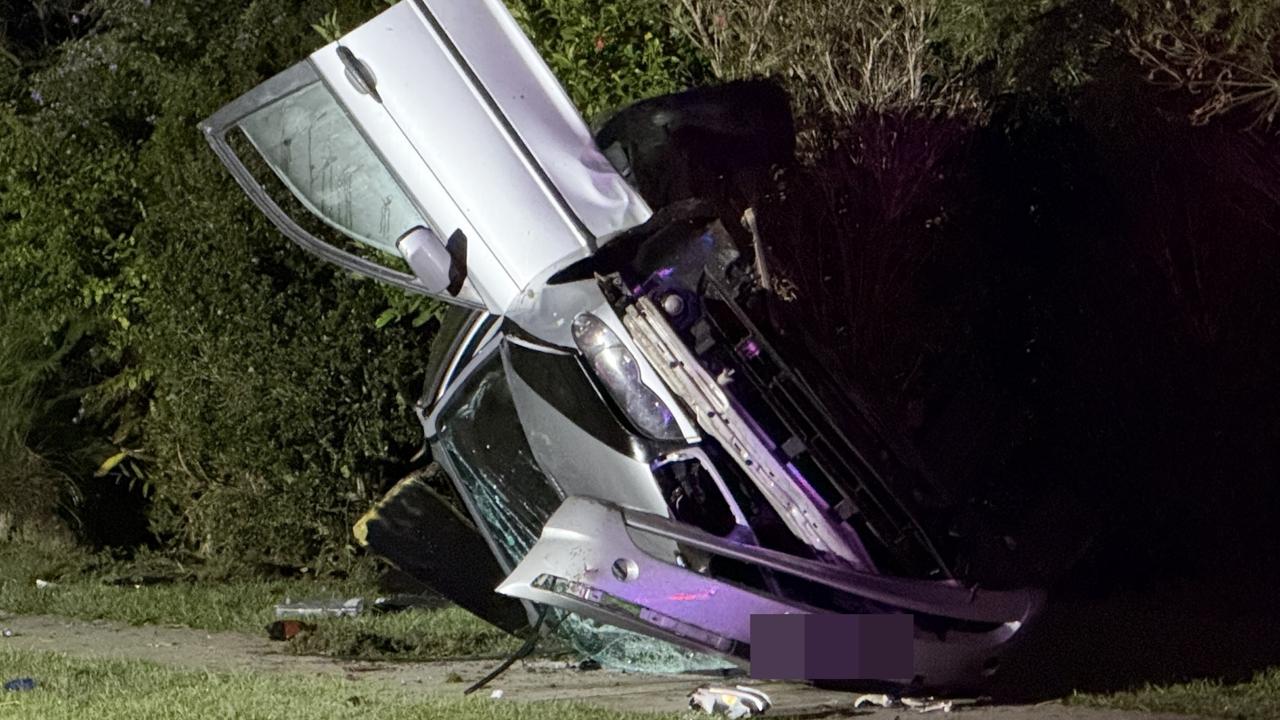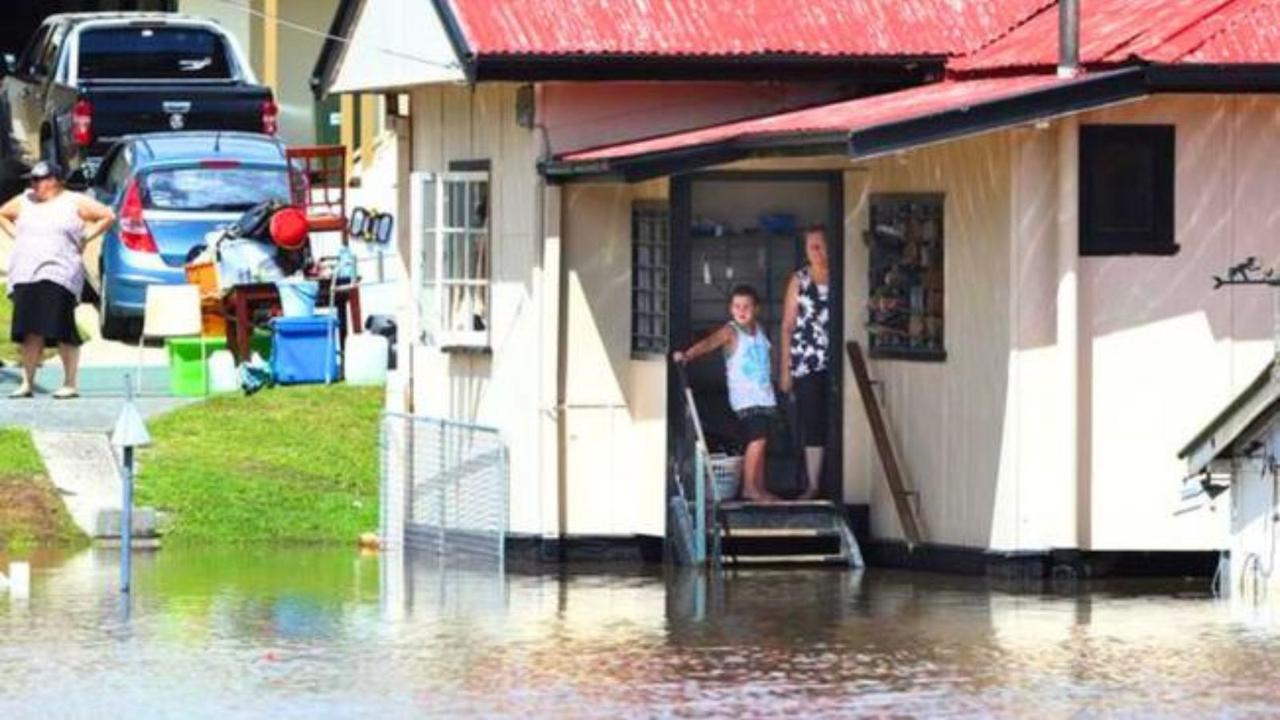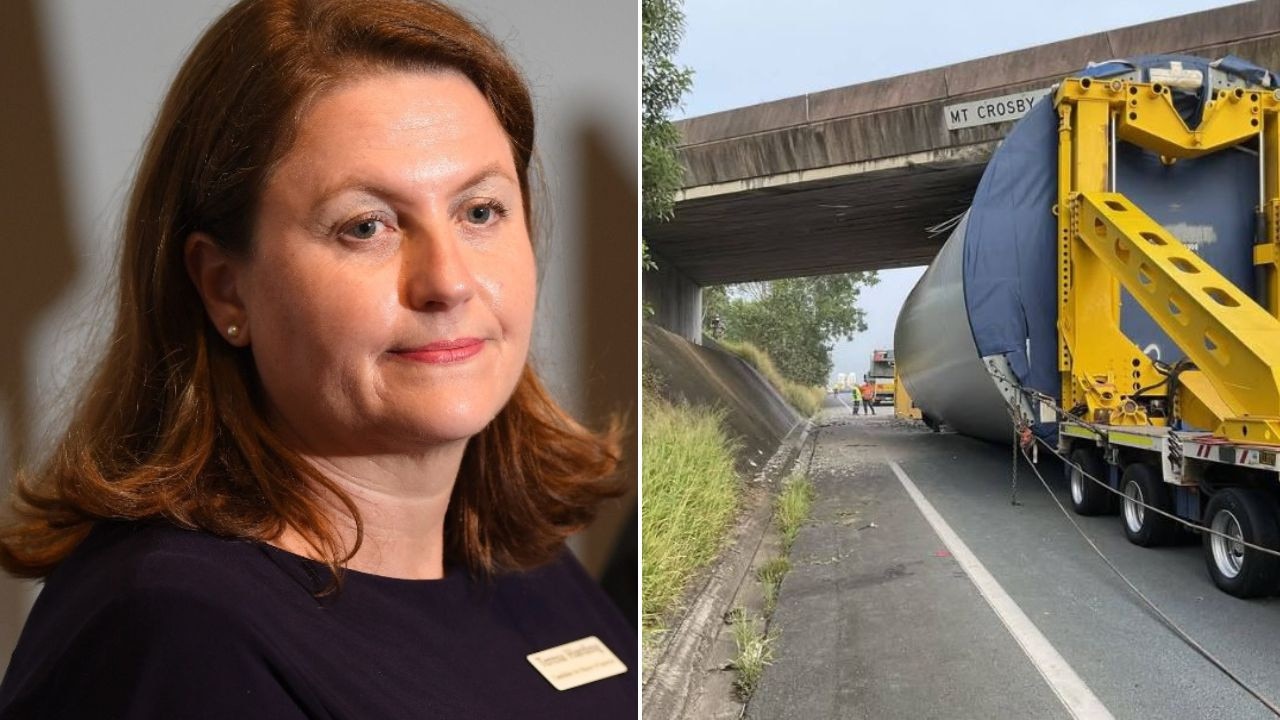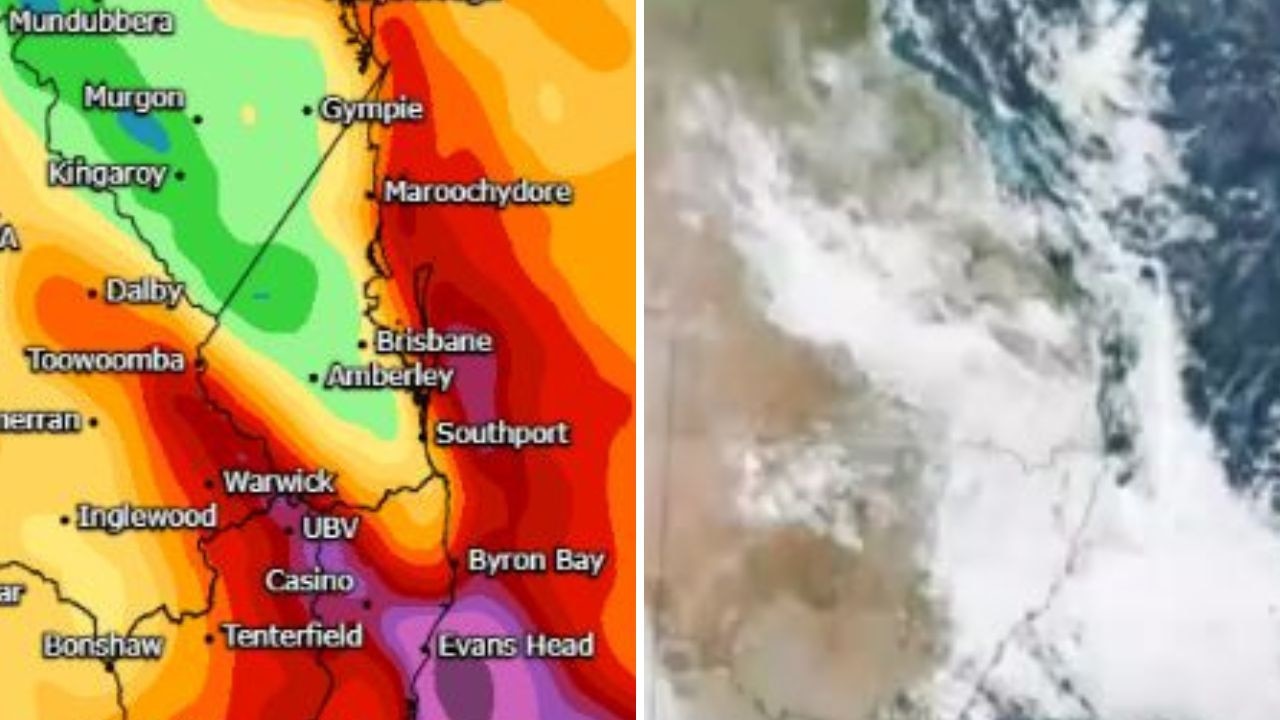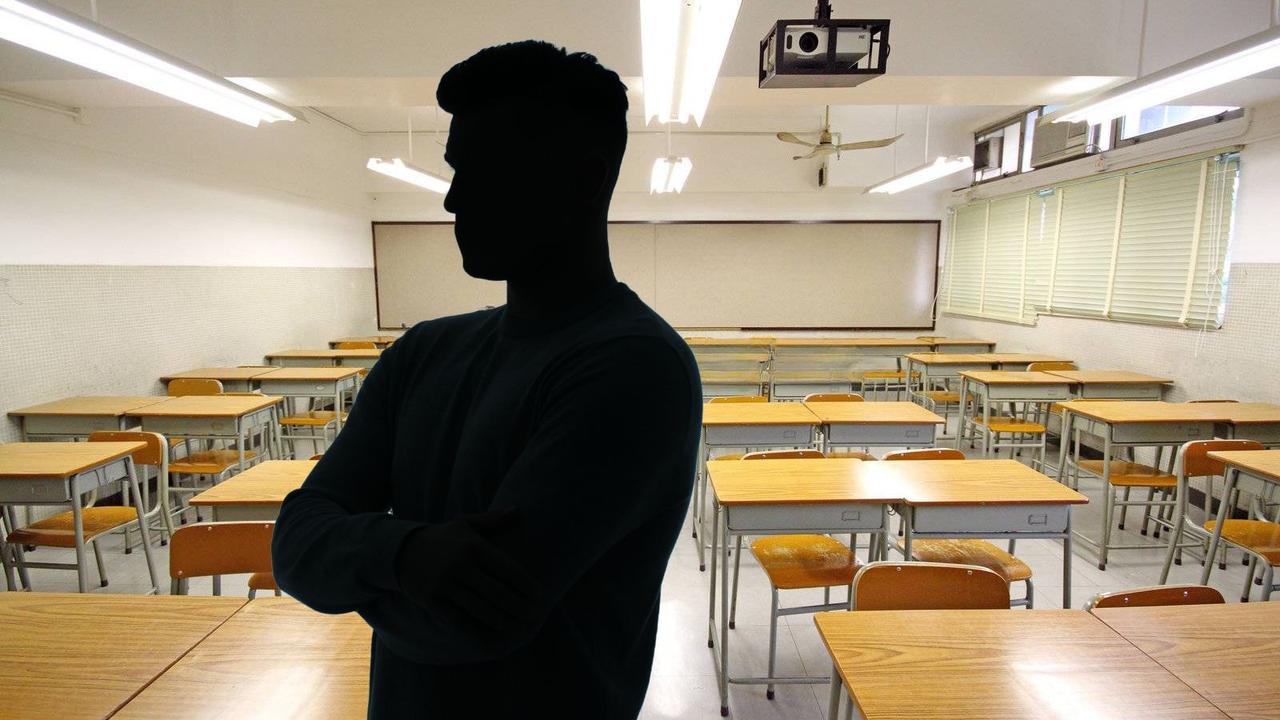Wieambilla inquest day 6: What police didn’t know about Gareth Train and his extremist family
Gareth Train warned he was “waiting for the police with an eye open” after being informed officers were looking for his missing brother, with an inquest told he had an arsenal of illegal weapons.
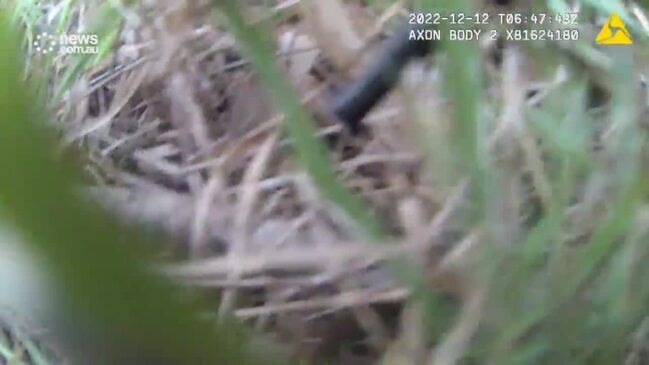
QLD News
Don't miss out on the headlines from QLD News. Followed categories will be added to My News.
Gareth Train warned he was “waiting for the police with an eye open” after being informed officers were looking for his missing brother, with an inquest told he had an arsenal of illegal weapons hidden in a secret storage compartment on his Wieambilla bush block.
But the information was not passed on to Queensland police – and if it had been, the highly trained Specialist Emergency Response Team would have likely been sent there to look for former school principal Nathaniel Train.
An inquest into the Wieambilla shootings was told the four young officers who went to the Western Downs property that day had not been told Gareth was paranoid, hated police, had studied military tactics and had a cache of rifles but no gun licence.
Police constables Rachel McCrow and Matthew Arnold, along with Good Samaritan Alan Dare, were murdered by Nathaniel, Gareth and Stacey Train, a trio of religious extremist conspiracy theorists, on December 12, 2022.
Two other officers, constables Randall Kirk and Keely Brough, managed to escape under fire.
Nathaniel had been reported missing by NSW Police, who had asked their Queensland counterparts to look for him at the property of his brother Gareth.
Gareth was married to Stacey, who had previously been married to Nathaniel.
All three were killed by snipers attached to the Special Emergency Response Team following a lengthy shootout.
Mr Dare was shot and killed after driving to the neighbouring property to find the source of smoke and explosions.
Training operations co-ordinator Senior Sergeant Tracy Bailey told the inquest that if more information had been known about Gareth, the “risk assessment would most likely be at high risk and (local officers) would have sought the appropriate response from additionally trained officers”.
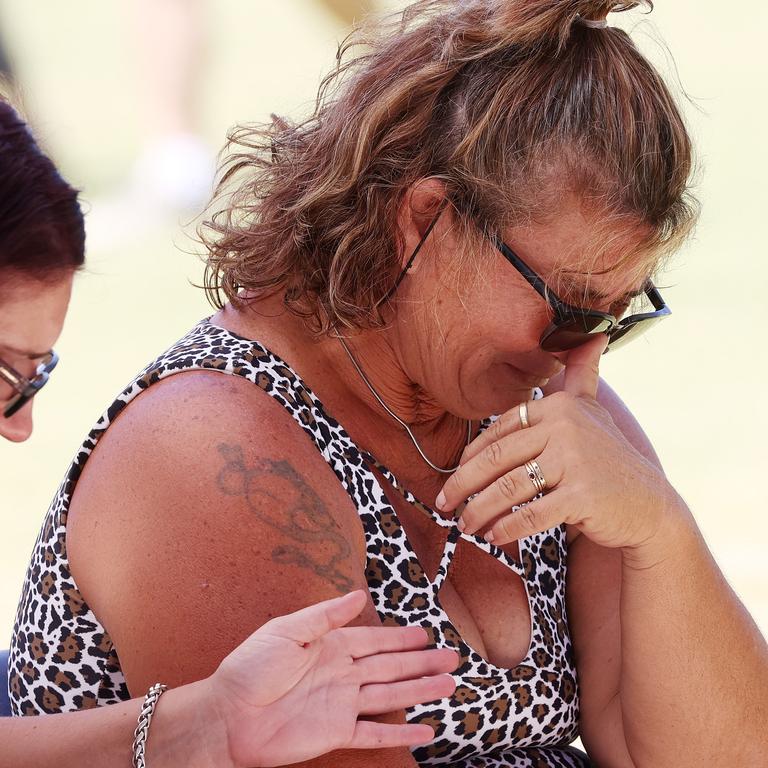
Barrister Gavin Handran KC, representing someone close to Nathaniel, asked Sen Sgt Bailey if police on the day had had more information – some of which was known to NSW police and some that was known to someone “close to” Gareth – would they have responded differently.
“What about if information was also disclosed as to the nature of the unlicensed firearms he had access to, such as a Ruger carbine or a Mauser action – does that additional information make any difference?” Mr Handran asked.
“It may have,” Sen Sgt Bailey said.
Mr Handran continued: “So if … they also knew that he had a history of unlicensed firearms of the kind that I’ve identified, that they were kept in a secret storage compartment, that he was regarded, at least by someone close to him who knew that information, as someone who was incredibly dangerous, and that if police attended that day, it would only result in ‘death and harm’, and that he (Gareth) knew that a missing persons report had been made (regarding Nathaniel) and had conveyed that he was waiting for the police with an eye open.”

“Roll all that information together (and) tactically are you able to assist His Honour … how the job that day might have been handled differently in those circumstances?” Mr Handran asked.
Sen Sgt Bailey responded: “If all of that information was available to those police, I believe that they would have approached that job much differently.”
“The risk assessment would most likely be at a high risk and they would have sought the appropriate response from additional specially trained officers, I would say,” she said.
Mr Handran asked what other options might have been available.
“PSRT (Public Safety Response Team), SERT, specially trained officers,” Sen Sgt Bailey said.
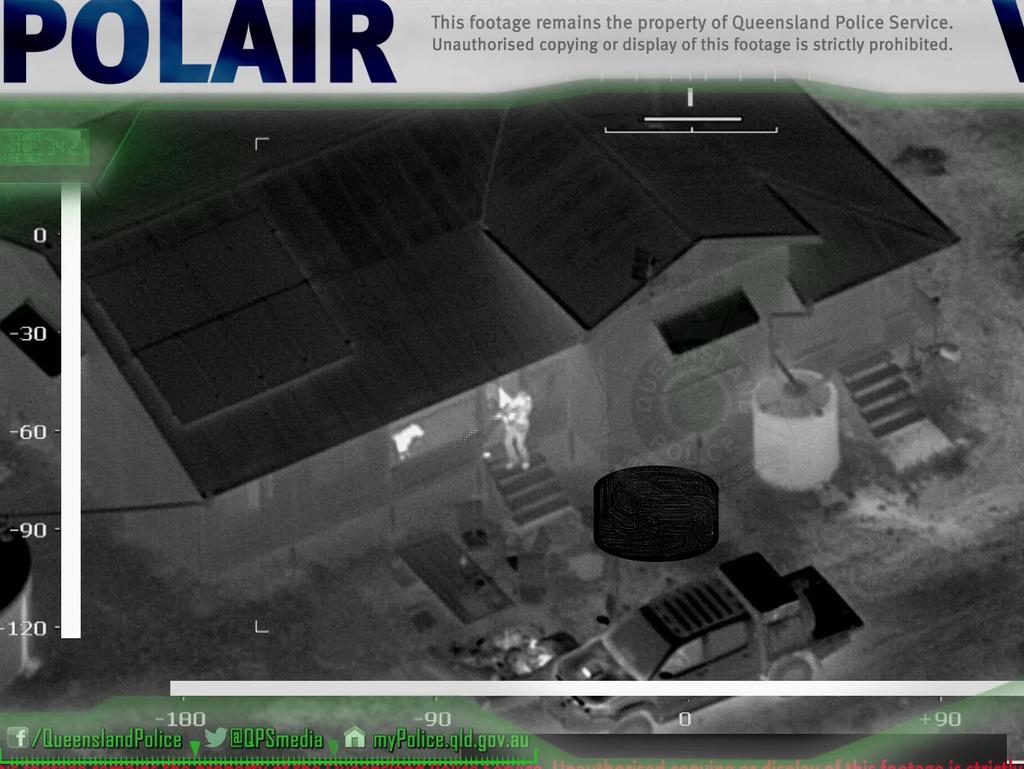
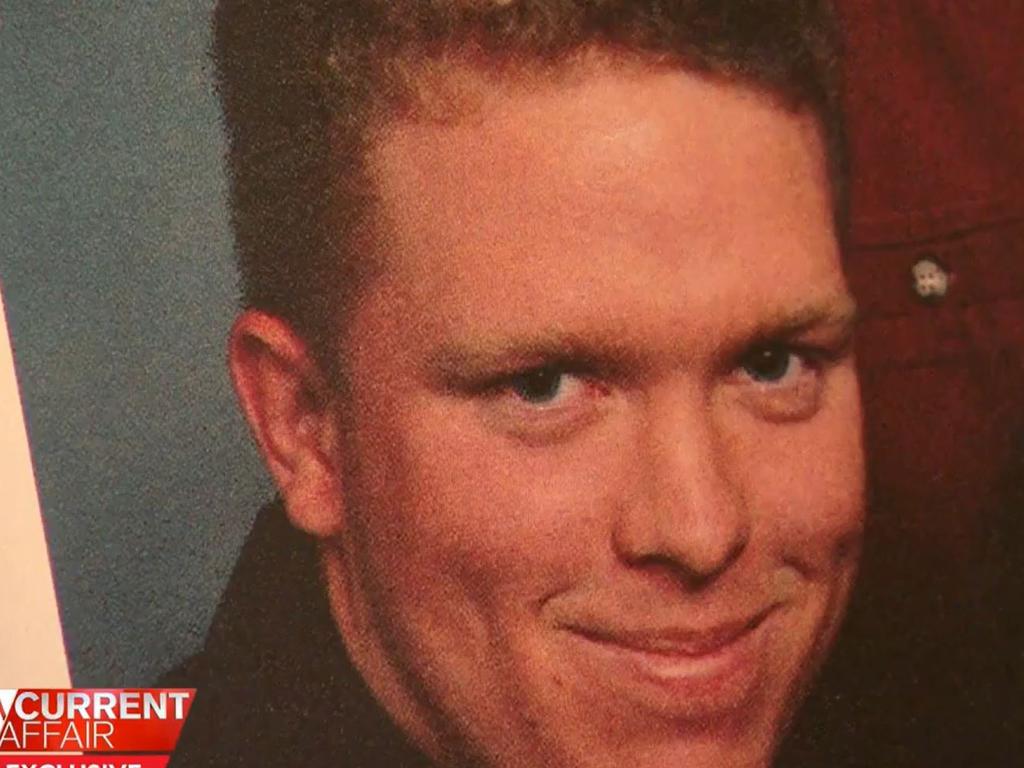
‘JOB SEEMED VERY ROUTINE’
Earlier in the inquest, Sen Sgt Bailey, who has been the training operations co-ordinator for the police service since 2021, reviewed the response and actions of the four officers being sent to the Trains’ home.
“From the information that I was provided and they were provided there is nothing in it that would have indicated that it was moved to a high-risk job,” she said.
“From the minimal flags, it was just a missing persons job. It seemed very routine.”
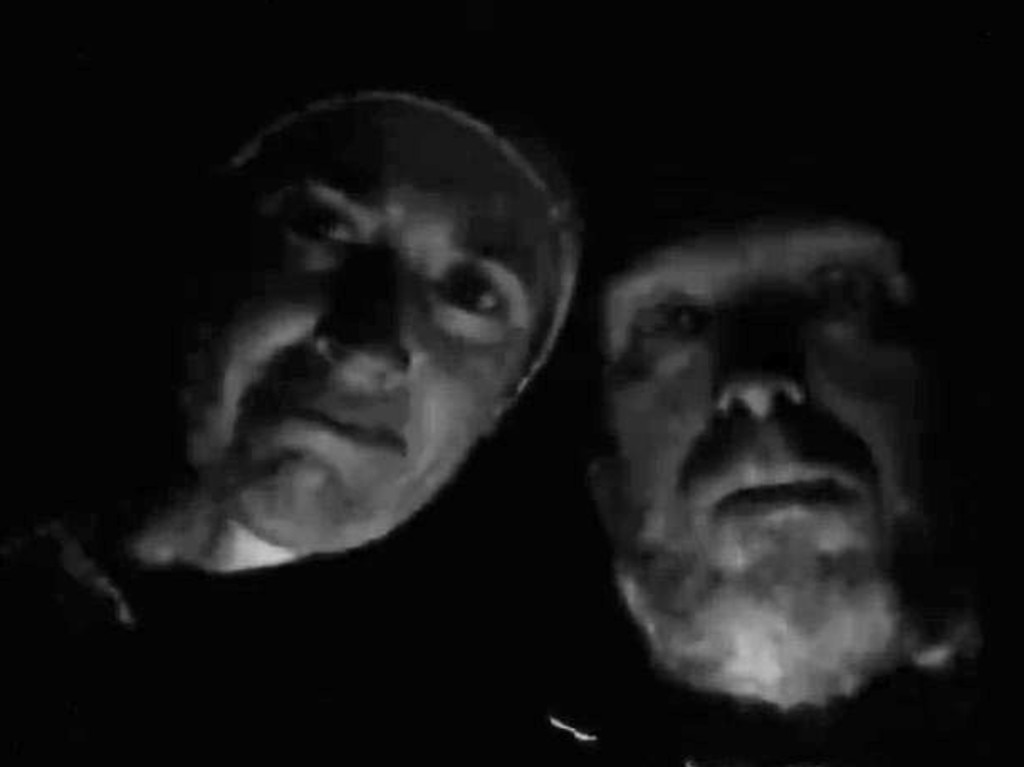
Sen Sgt Bailey said she believed similarly experienced or more experienced officers would have responded in the same way.
She said there had been previous attempts to speak to the occupants of the home and that the decision to jump the fence and move forward to the home was appropriate.
Sen Sgt Bailey said it was appropriate for the officers to not be wearing body armour, given what was known about the job, as well as not going into the property with rifles.
She said it would have been almost impossible that constables Kirk or Brough could have performed any meaningful containment at the scene, given the rural setting, not knowing where the house or offenders were and not having rifles.
She said in her opinion it would be “very unlikely” that Constable Kirk would have been able to help the officers who had been shot without putting himself in significant risk, with limited cover.
Sen Sgt Bailey said the actions of the extraction team were also appropriate including reaching constables McCrow and Arnold as they were unaware of their conditions at that point.
Moving past Mr Dare, who was deceased, was also within correct police procedure, she said.
OPERATOR’S CALL WITH KERRY DARE
The triple-0 call taker who spoke to Wieambilla widow Kerry Dare was told to immediately call her back to get her husband Alan back to safety – but the call came too late.
The inquest heard when the call connected, Mrs Dare told the woman her husband had been killed.
Emma Donald, who is a police communications operator based in Townsville, has told the inquest she took a call from Wieambilla resident Kerry Dare at 5.13pm on the day of the shootings.
The inquest previously heard the operator told Mrs Dare that her husband should not go investigate fire, explosions and gunshots near their property but did not explain why.
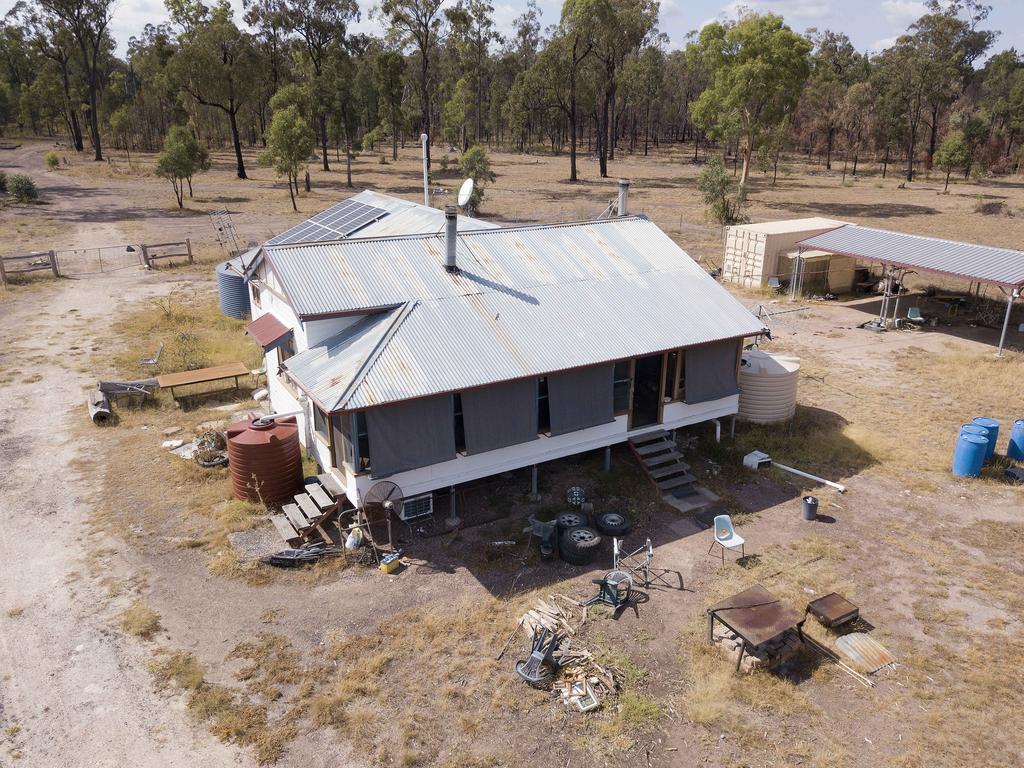
Ms Donald said she answered the call at 5.13pm and spent several minutes inputting address details.
By 5.18pm she had entered information from Mrs Dare that she had heard “gunshots across the road for the last hour or so”, several “big bangs” and black smoke.
The inquest previously heard Mrs Dare said the fire was coming closer and explained neighbours had lost their homes in the past to bushfire.
Ms Donald agreed she told Mrs Dare there was another job in the area but she wanted to see whether it was a “completely different job”.
“I knew there was a police in trouble job in the area at the time,” she said.
“Once you input an address in the system, there is a repeat button that flashes and it shows any jobs that are either at that location specifically or in the vicinity.”
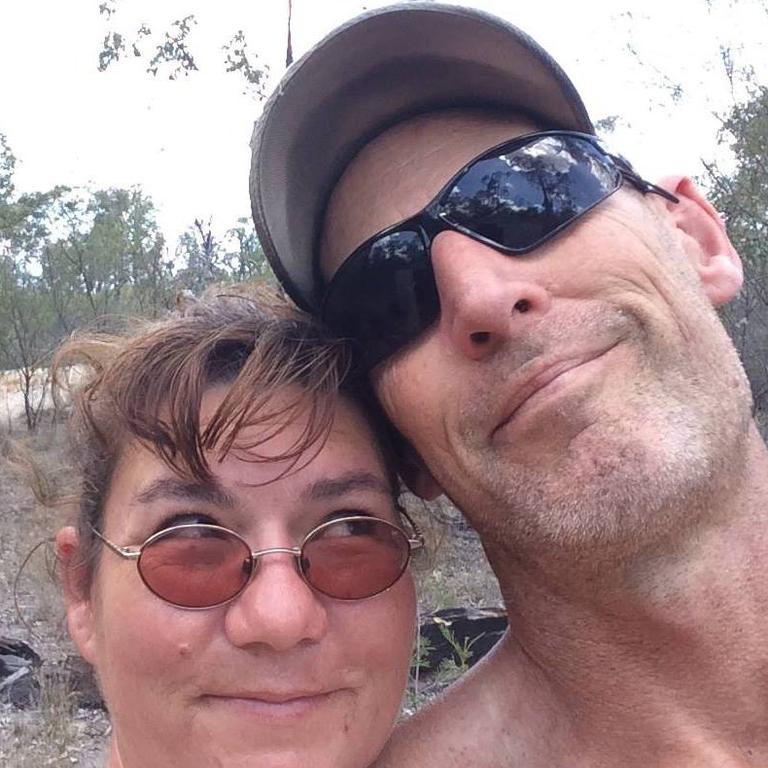
She said in this case, the “repeat” box flashed on screen. She said she clicked on the repeat job and saw there was an incident involving police in trouble.
“Was there any other information visible to you at that time?” counsel assisting the coroner Ruth O’Gorman KC asked.
”Not that I can recall,” Ms Donald said.
Ms Donald said she could see a ‘police in trouble’ job on in the area at the time but she didn’t know if the jobs were related or not.
She told the inquest that during her training they were told that if they looked into other unrelated jobs they could get into trouble and that it was seen as “snooping”.
“I didn’t click into it,” Ms Donald told the inquest.
Ms Donald said she continued adding information about the call with Mrs Dare into the system, which included Mr Dare getting into his car with his neighbour.
At 5.23pm a job log states the call or job log was no longer partial, meaning it was completed.
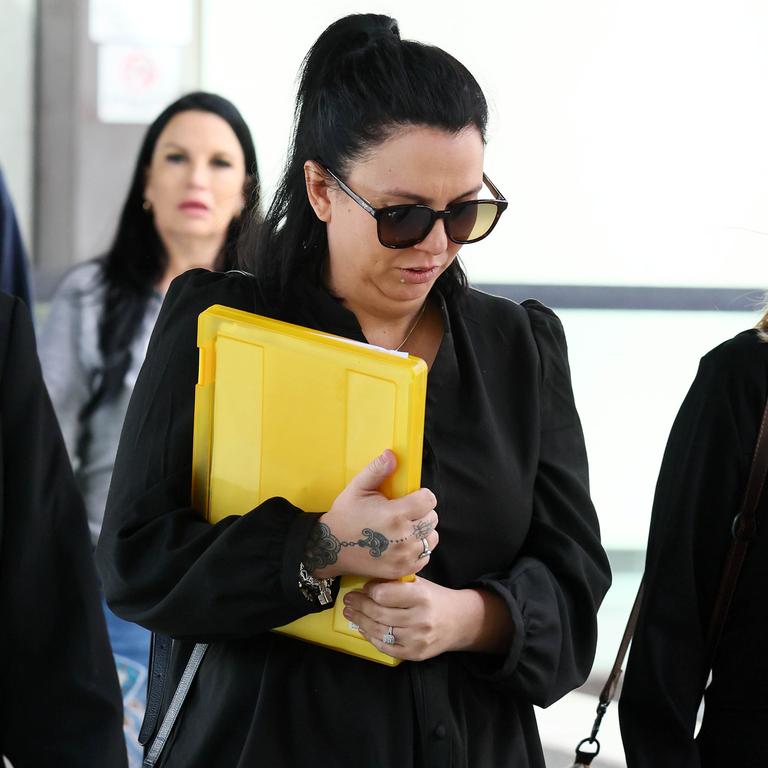
The log showed that one minute later Ms Donald asked the communications co-ordinator via message if Queensland Fire and Emergency Service crews should be sent or if it was unsafe to do so.
At 5.28 Ms Donald received a message saying do not send QFES because there were active offenders shooting at police.
The co-ordinator also requested Ms Donald call back Mrs Dare to tell her to make her husband and neighbour return to their home “immediately”.
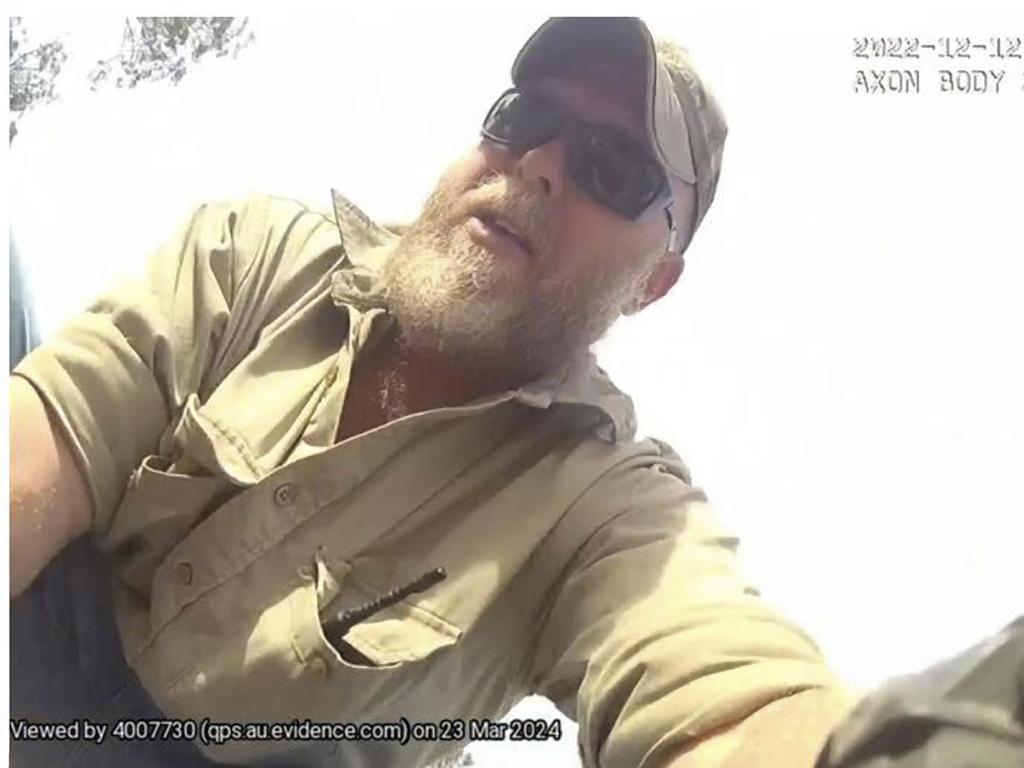
Two minutes later, at 5.30pm, Ms Donald responded and apologised and said she would call back Mrs Dare.
“It took me a while to look at that message and call back the informant,” Ms Donald told the inquest when explaining why she apologised.
When she called back Mrs Dare, she told her at 5.31pm that her husband had been shot.
‘EXTRACTION TEAM DID EXCEPTIONAL JOB’
Retired Chief Superintendent Stephen Dabinett has told the inquest the officers who set up and led the “extraction team” to recover the bodies of their fallen colleagues did an “exceptional job”.
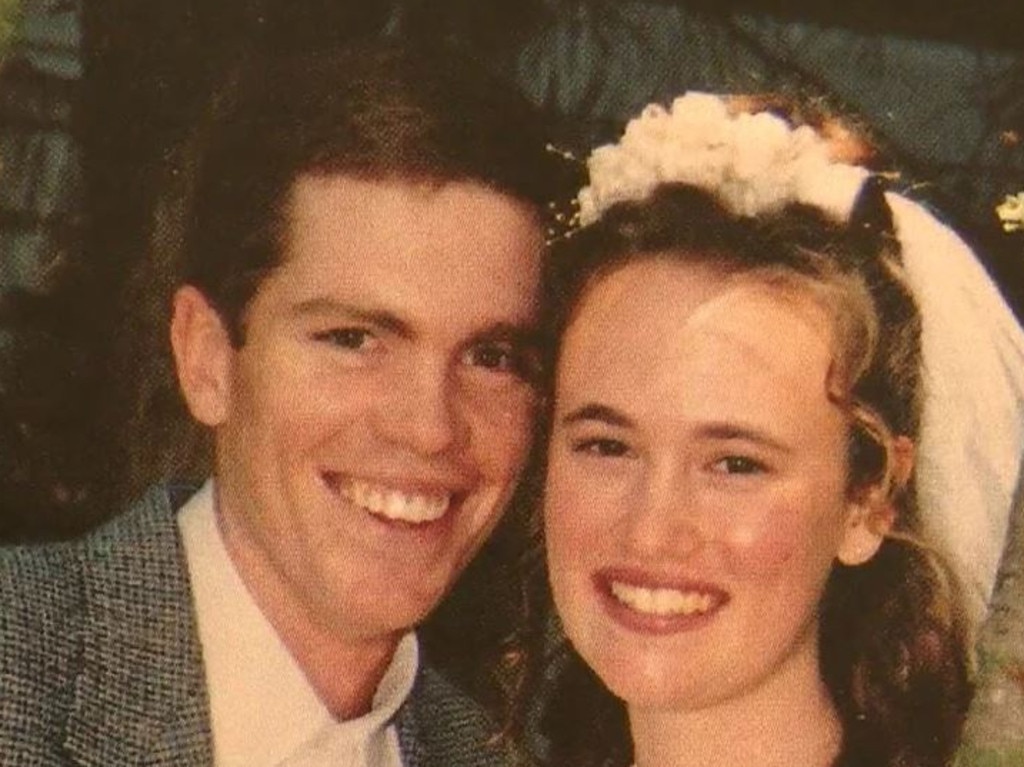
Mr Dabinett was tasked with undertaking a review of the incident command that set up on the evening of December 12, 2022, to see if there were any learning opportunities for the Queensland Police Service.
The inquest head Mr Dabinett had served as the commander of SERT for four years during his lengthy career.
In relation to Sergeant Andrew Gates, who the inquest previously heard led a team of officers onto the property in circumstances where the location of multiple shooters was unknown, Mr Dabinett said he made the right call.
“(I thought it) was brilliant, the job that he did, yes,” Mr Dabinett said.
Asked whether it was still the right call given the two officers were dead, Mr Dabinett said it was.
“You have a split second to make a decision. You’re in an extreme high-risk situation, where they were.”
He said the murdered officers still had weapons and police radios which could have been taken and used by the Trains.
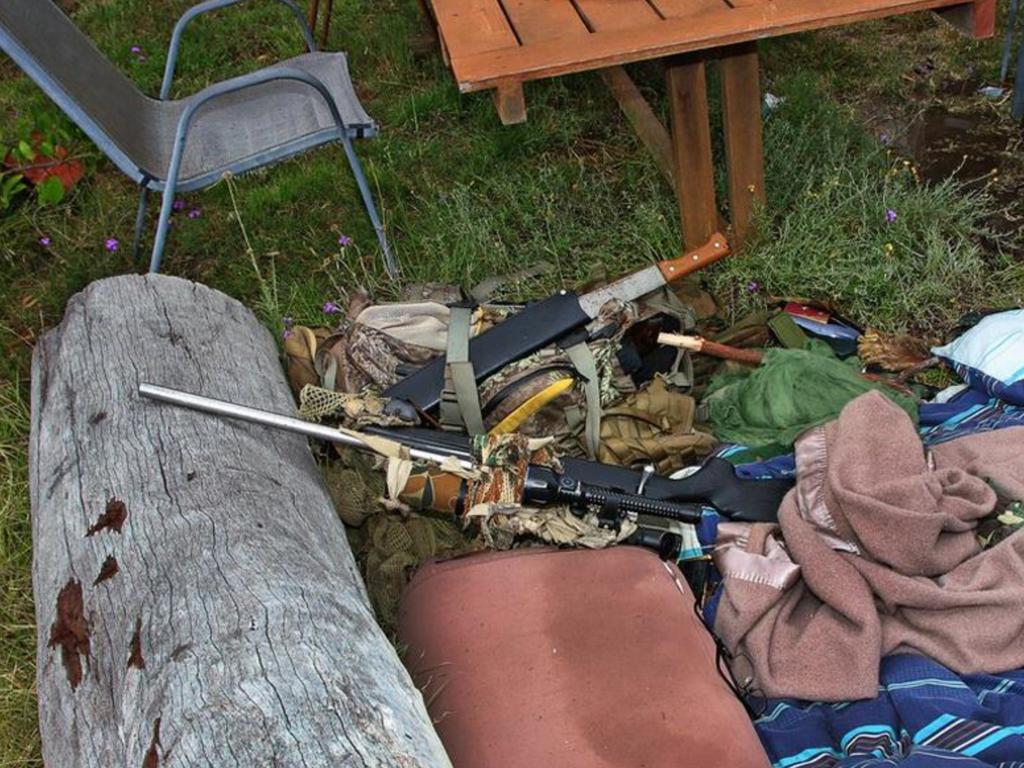
Mr Dabinett said he believed the original intention was to also recover Mr Dare but it became clear it was too dangerous when shooting started once again on the property.
He said “tight cordons” also divided resources.
He said the police forward command post was set up in a good position but it would have been better to move it from the intersection.
“(That) made it difficult to protect because you had traffic coming from four different directions,” Mr Dabinett said.
“It did distract – officers had to go and check those vehicles.”
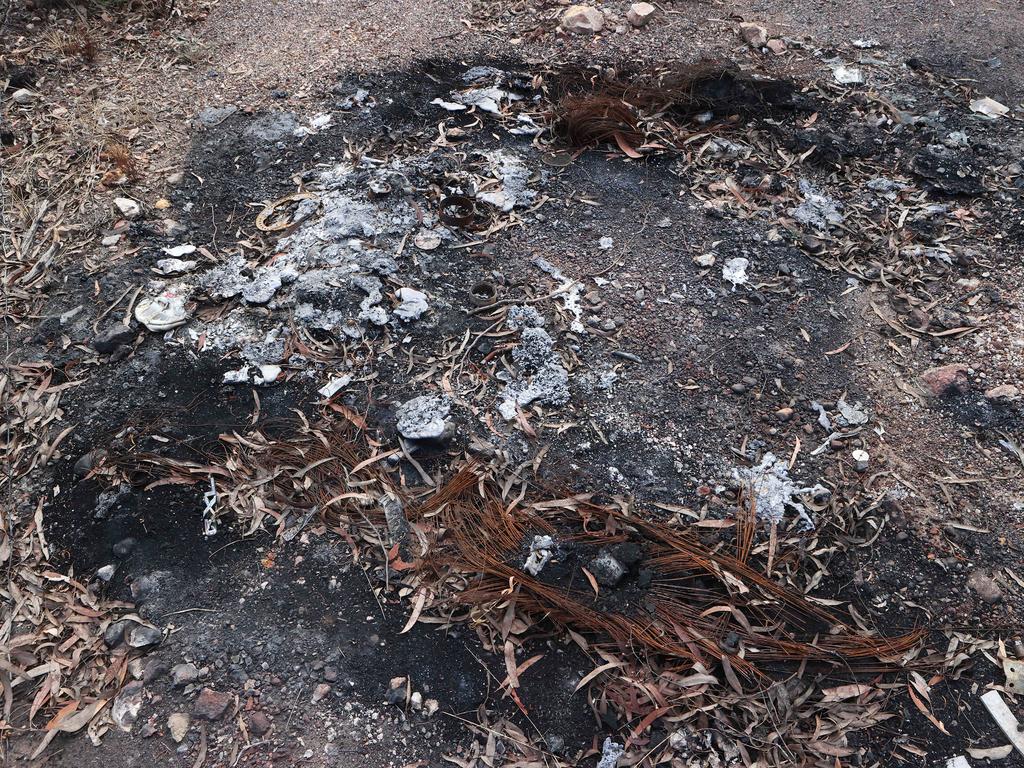
He also told the inquest it was not ideal to have civilians gather near the forward command post, but acknowledges attempts had been made to prevent that.
He commended the actions of all officers who responded to Wains Rd on the night of the shooting.
More Coverage
Originally published as Wieambilla inquest day 6: What police didn’t know about Gareth Train and his extremist family





